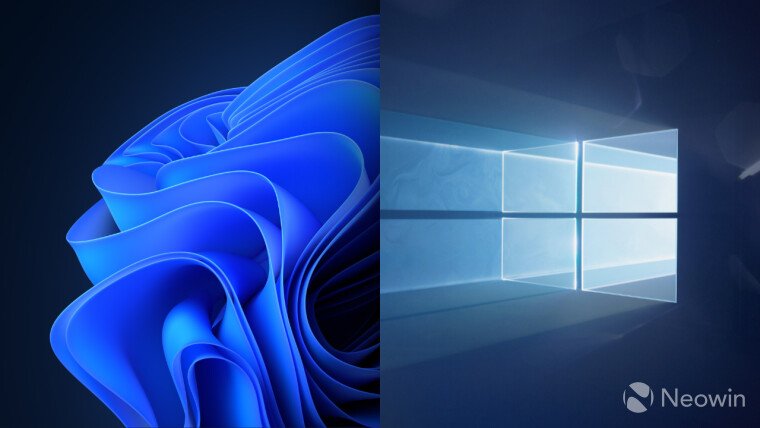- cross-posted to:
- pcgaming
- [email protected]
- [email protected]
- cross-posted to:
- pcgaming
- [email protected]
- [email protected]
Let’s put it this way; when Microsoft announced its plans to start adding features to Windows 10 once again, despite the operating system’s inevitable demise in October 2025, everyone expected slightly different things to see ported over from Windows 11. Sadly, the latest addition to Windows 10 is one of the most annoying changes coming from Windows 11’s Start menu.
Earlier this year, Microsoft introduced a so-called “Account Manager” for Windows 11 that appears on the screen when you click your profile picture on the Start menu. Instead of just showing you buttons for logging out, locking your device or switching profiles, it displays Microsoft 365 ads. All the actually useful buttons are now hidden behind a three-dot submenu (apparently, my 43-inch display does not have enough space to accommodate them). Now, the “Account Manager” is coming to Windows 10 users.
The change was spotted in the latest Windows 10 preview builds from the Beta and Release Preview Channels. It works in the same way as Windows 11, and it is disabled by default for now because the submenu with sign-out and lock buttons does not work.



I’ve been trying to learn it for 15 years. The only thing I’ve learned is that sudo stands for super user. Outside of that, I’ve learned nothing about how to use terminal other than copy/pasting other peoples commands.
If you’ve been unable to learn some basic command line in 15 years perhaps computing is not your forte.
Well, not linux. I do just fine on windows 7.
For most cases, you need to use the package manager (apt is the standard for Debian-based) . You also need ‘grep’ to select a specific phrase sometimes.
But that problem normally occur when you are using proprietary software. You’ll need to download packages (wget), add repository packages and run shell scripts for most proprietary software, and I think most people would use copy-paste in those scenarios.
…do what now?
BTW sudo stands for substitute user.
More info